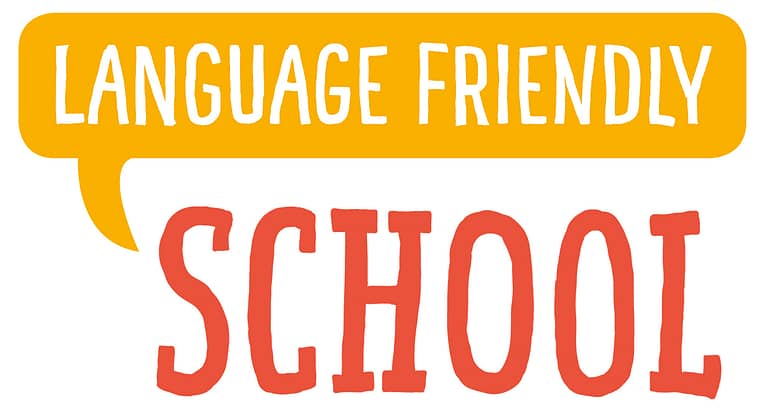Why a Language Friendly School?
Mission
- The Language Friendly School is a response to the increasing levels of multilingualism in schools globally; a result of people migrating to other places seeking employment, reuniting with loved ones or escaping war and conflict.
- All schools should aim to become linguistically and culturally inclusive, meaning they recognize and embrace their students’ multilingualism, and actively fostering an environment where these languages thrive within the school community.
Vision
With the Language Friendly School, we envision a world in which:
- All children have access to a language friendly-learning environment where they feel accepted and valued for who they are.
- No child is punished for speaking his or her mother tongues in school by 2030, the deadline of the Sustainable Development Goals.
Initial research results show that:
- The participation of multilingual students and their parents increased in all schools interviewed
- Vocabulary development in Dutch and math improved significantly compared to control schools (study by the University of Amsterdam)
Research* shows that integrating students' home languages into the school and the classroom, can help strengthen cognitive and social skills. Students learn better and faster through their mother tongue, and they have a higher chance of feeling part of the wider society without losing the connection to their families and cultural background.
Language Friendly Schools have exclusive access to our research library
Objectives
- Language as a resource
- Language as a right
What Schools say:
“There is a big difference. I can't explain it. But I just see that sparkle in the eyes of my students when they are allowed to say something in their own language."
“We see far less behavioral problems with our pupils compared to schools in the area who have the same background and social problems. We think it's because our students are allowed to be completely themselves. We offer them every opportunity to use their own language in their learning process”
*Have a look at these publications:
• (2022) The Language Friendly School: An Inclusive and Equitable Pedagogy. Childhood Education,98:1,42-49
• Global Education Monitoring Report (2016). If you don’t understand, how can you learn? Policy Paper 24.
• Gaikhorst, L.; Karssen, M.; & Zijlstra, H.; Martens, E. & Duarte, J. (2023). De effecten van een meertalige interventie op zowel de sociaal-affectieve als cognitieve ontwikkeling van basisschoolleerlingen. Pedagogische Studiën.
• UNESCO (2004). Embracing Diversity: Toolkit for Creating Inclusive Learning Friendly-Environments.
• UNESCO (2017). Mother Tongue-Based Multilingual Education: The Key to Unlocking SDG 4 - Quality Education for All.


